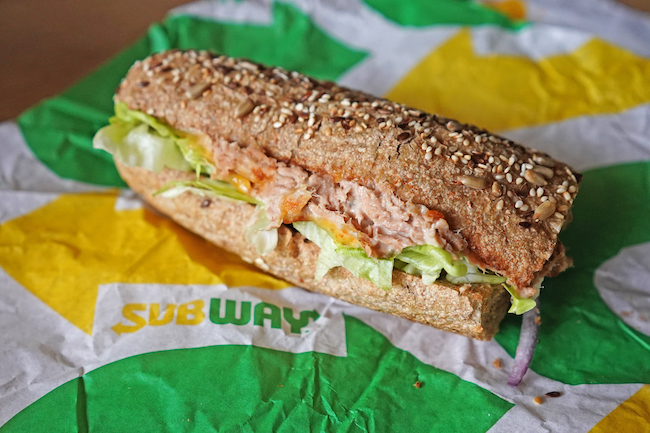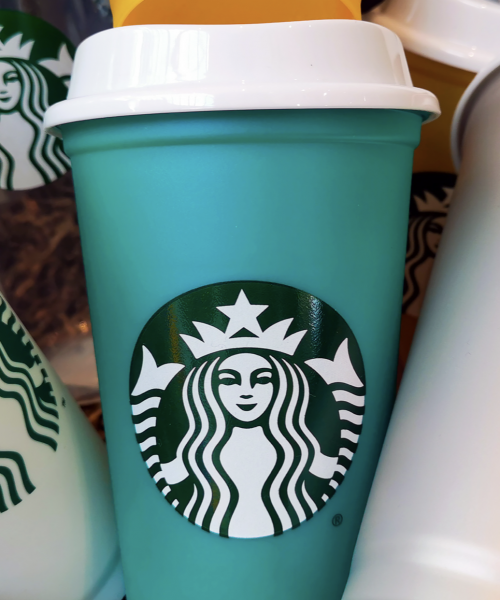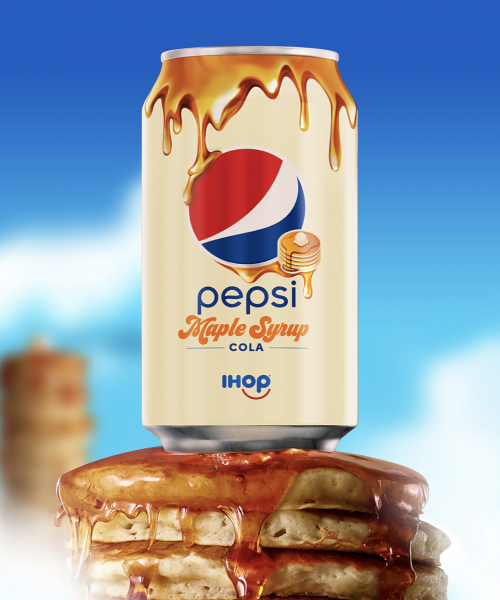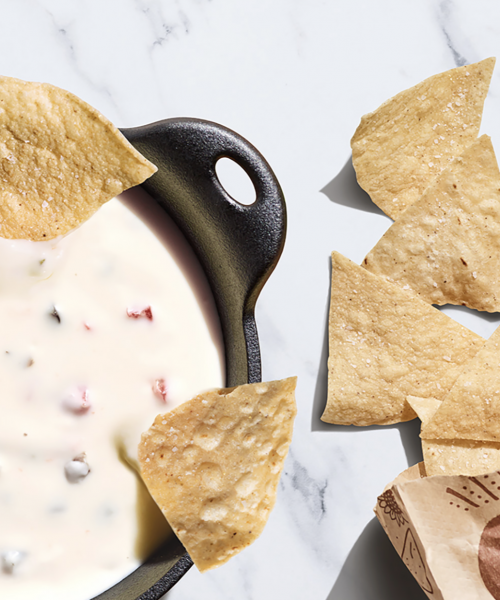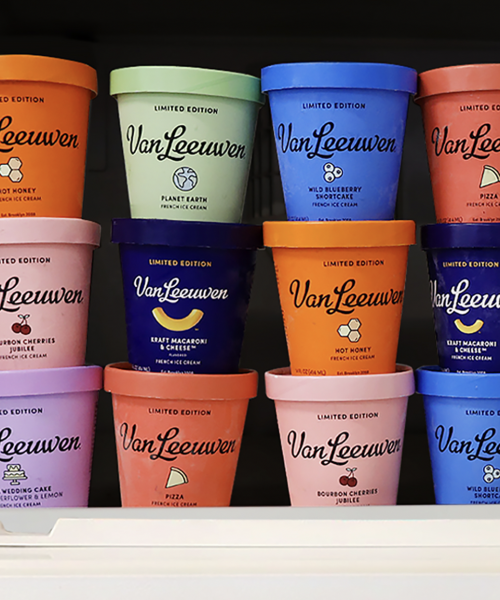By Jelisa Castrodale | FoodAndWine.Com
Troy Warren for CNT
According to a New York Times investigation, “No amplifiable tuna DNA was present in the sample” that the newspaper sent to a lab for testing.
Earlier this year, two women filed a lawsuit against Subway, alleging that the Connecticut-based sandwich chain’s tuna sandwiches and wraps didn’t contain any actual tuna. The Washington Post reported that their attorney purchased tuna sandwiches from multiple Subway locations in California, and then submitted the fish in question to an independent lab for testing.
Although the attorney declined to discuss the exact findings with the Post, she did say that the tests revealed that the sandwich filler was “not tuna” and “not fish.” The resulting lawsuit alleged that Subway’s tuna was “a mixture of various concoctions that do not constitute tuna, yet have been blended together by defendants to imitate the appearance of tuna.”
In a statement to Food & Wine, Subway strongly denied those claims. “There simply is no truth to the allegations in the complaint that was filed in California. Subway delivers 100 [percent] cooked tuna to its restaurants, which is mixed with mayonnaise and used in freshly made sandwiches, wraps and salads that are served to and enjoyed by our guests,” the statement read. “Given the facts, the lawsuit constitutes a reckless and improper attack on Subway’s brand and goodwill, and on the livelihood of its California franchisees.”
Six months later, a New York Times reporter followed up on the plaintiffs’ claims and sent “more than 60 inches worth of Subway tuna sandwiches” to a commercial food-testing lab (one that asked not to be named). Reporter Julia Carmel wrote that she visited three Subway locations in the Los Angeles area, ordered plain tuna sandwiches — no cheese, dressing, or extra veggies — scraped the tuna into plastic baggies, froze it, and then shipped it off to be DNA tested.
After a month, she got the results back. “No amplifiable tuna DNA was present in the sample and so we obtained no amplification products from the DNA,” an email from the lab read. “Therefore, we cannot identify the species.”
A spokesperson from the lab suggested that either the tuna had been “so heavily processed” that the species just couldn’t be ID’ed or that it just wasn’t tuna. (Carmel also explained that cooking the fish could’ve “denatured” its DNA, making it even more challenging to identify.)
Despite the test results, no one has been able to come up with any reason whySubway would want to swap tuna for something else, since tuna is a reasonably inexpensive and readily available fish. “I don’t think a sandwich place would intentionally mislabel,” Dave Rudie, the president of Catalina Offshore Products in San Diego, told the Times. “They’re buying a can of tuna that says ‘tuna.’ If there’s any fraud in this case, it happened at the cannery.”
The two plaintiffs have slightly modified their claims; in their most recent court filing, they are no longer alleging that the tuna isn’t tuna, but are now questioning whether it’s “100% sustainably caught skipjack and yellowfin tuna.”
It seems inevitable that there will have to be a third DNA test at some point, right? See you back here when it’s time to discuss those results.
In Other NEWS


























